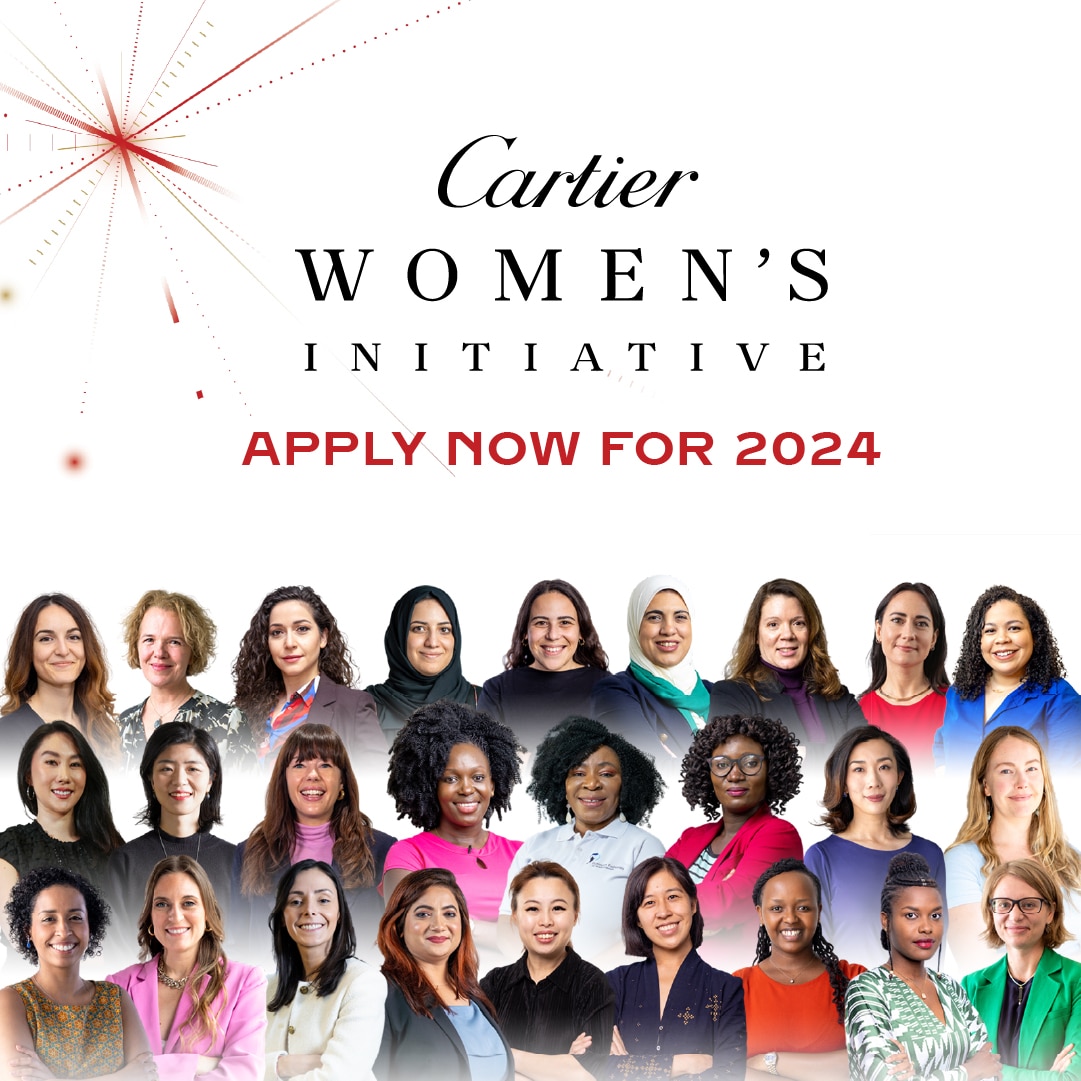I nearly died when the words “mini period” fell from her mouth.
I had been a father for less than 24 hours when the incident occurred. A nurse at the Mayo Clinic in Rochester, Minnesota was delivering what I now refer to as ‘The Vagina Briefing’, rushing through a tutorial on how to properly clean my daughter’s private parts.
“Stella might bleed down there in the next few days. It’s not a big deal – just think of it like a mini period. Clean it like you normally would, and she’ll be fine.”
The room began spinning.
“A mini period?”, I said to the nurse. “I don’t understand how to deal with a regular period, let alone a mini one. Actually, I don’t know how to clean a vagina at all.”
As a gay man who had very little experience with female genitalia, I felt lost. I knew that I would be a wonderful father to both of my boy-girl twins. I was caring, passionate and dedicated to giving them a wonderful life. Because we’d taken a complicated path to parenthood, choosing the surrogacy route to bring our family together, we’d had much longer than nine months to prepare for their arrival.
But in that terribly confronting moment, I realised I was in over my head. I was lacking necessary information to properly care for my baby girl.
The nurse placed her hand on my shoulder. “That’s my mistake, sir. Most dads have their wives in the room when we talk about this kind of stuff. I was on autopilot.”
“Don’t worry,” I replied, holding back tears. “I just want to do this right.”
That was the first moment, one of many that occurred the first year raising a daughter without a mother, that I began to understand just how early and frequently we fail our girls.
Is this where the inequality begins, mere minutes after birth?
It seemed clear to me that men were being left out or opting out – actively and accidentally – of key elements in young girl’s lives. The maintenance and upkeep of female bodies – shaving, period care and breast checks – had been placed firmly into mum’s corner. Taught separately, secretly and passed down from mother to daughter. Most dads, even the involved ones with the best intentions, we’re lacking necessary knowledge.
We’d made progress, don’t get me wrong. Most dads were expected to be in the delivery room and knew how to change nappies, a progressive leap from as recently as the 70s. But while times had changed, our understanding of one another’s sex characteristics – important biological features of the children we are raising – had not.
I know what you’re thinking. But most parenting couples do have a woman. Most children aren’t, as is the case in our family, motherless. If an adult with a vagina is available when a child with a vagina has specific needs, a man doesn’t need to help. Right?
Wrong.
Relying on humans with vaginas to ‘deal with it’ is failing everyone. It’s placing far too much pressure on mums – especially when, in a majority of families, these women are taking on the bulk of parenting responsibilities. And it’s creating an unnecessary divide between father and daughter.
When I realised it was on me – on us – to learn more about my daughter’s body, I dove head-first into research like I was back in Uni. The more I learned (and relearned) about my daughter’s body and what she would experience as she moved through puberty, pregnancy, birth and menopause, the more I understood her needs. And the more I understood her needs, the closer I felt to her.
I knew that I would never be able to fully understand the experience of being a woman. But this knowledge was giving me more empathy for the challenges she would face in life. It inspired me to take a harder look at gender inequality in a way I hadn’t before.
It helped me understand my sister and mother better, too. In fact, this research expanded my appreciation for all women. Every woman who came before my daughter and every woman who would come after.
What started off as simple Google searches with questions like “How often do women have periods?” swiftly led to more empathetic searches for things like “Are tampons comfortable?”
All parents, especially dads, can be granted a similar gift. It just requires us to consider the issues that our children are likely to face based on their gender and sex. When we do, it helps to form deeper empathy for others. And in turn, it increases respect and understanding for members of the opposite gender. People we love, but don’t fully understand.
Just imagine how different our time together on earth might be if everyone gave that a crack.








